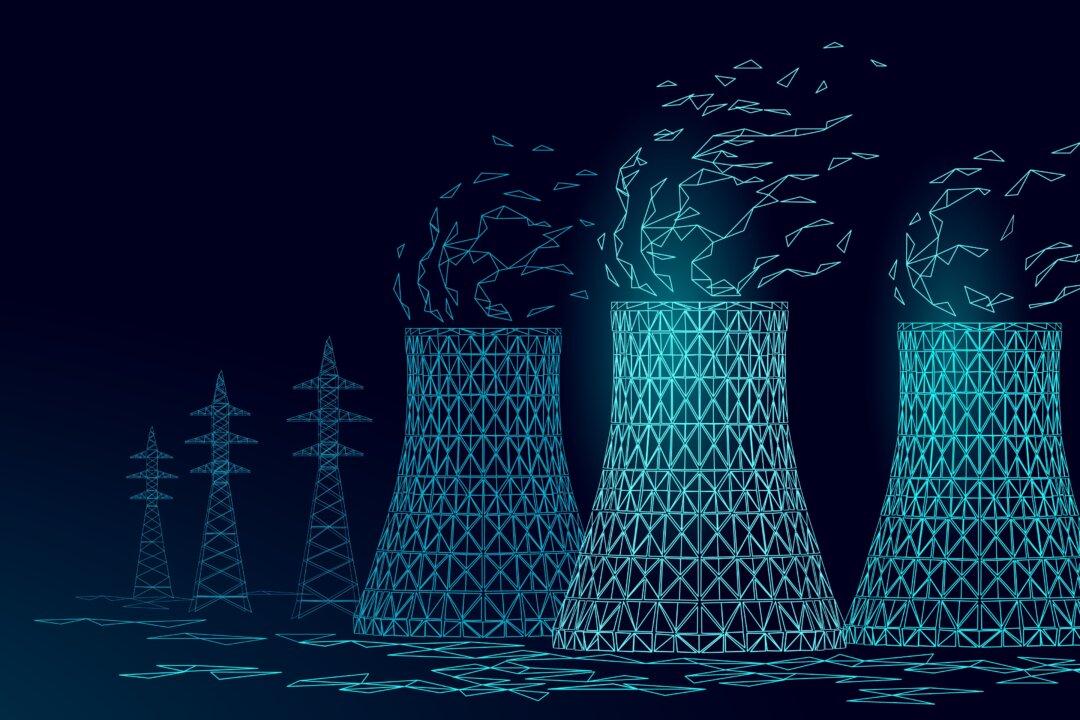A report from the Government Accountability Office (GAO) concluded that there are “ongoing challenges” to the licensing of advanced reactors by the Nuclear Regulatory Commission (NRC), even after recent reforms.
“With this report, the GAO confirms that the Nuclear Regulatory Commission needs to do more to prepare to efficiently review and approve advanced nuclear reactor designs,” said Sen. Shelley Moore Capito (R-W.V.) in a statement accompanying the release of the report with her colleague in the House, Rep. Cathy McMorris Rodgers (R-Wash.).





